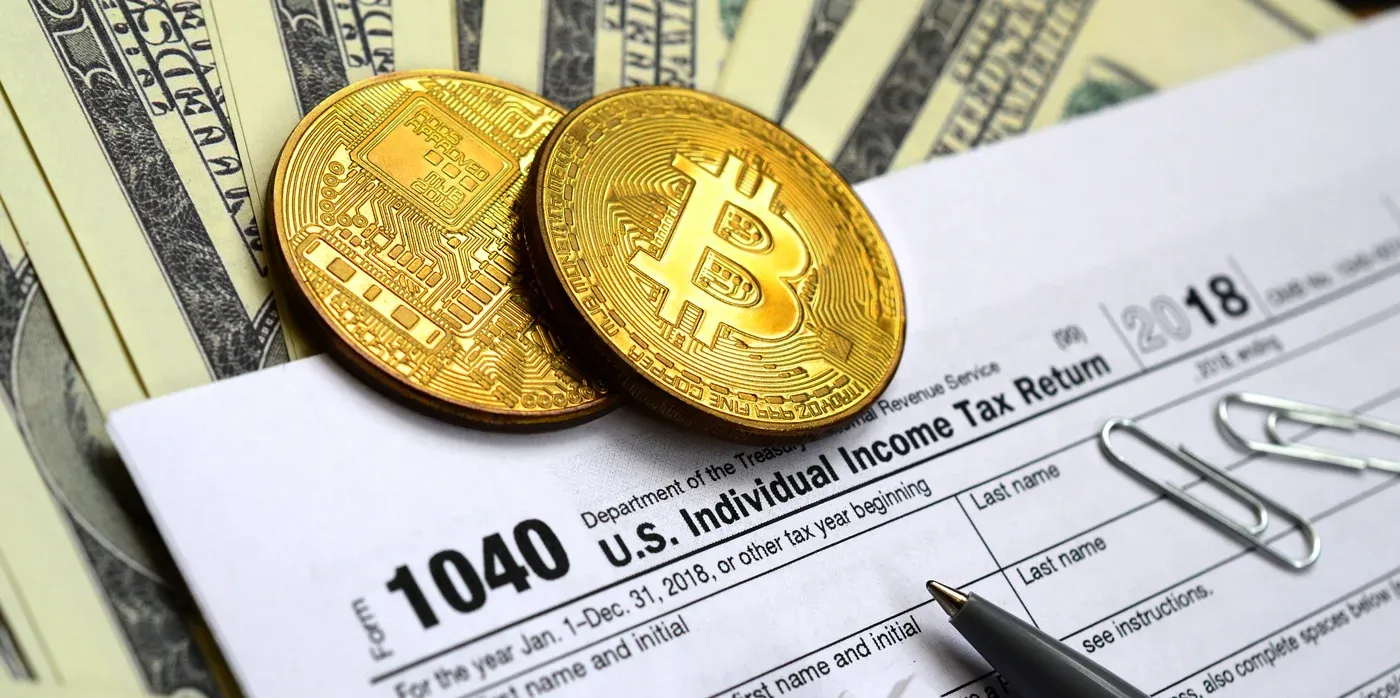As part of its effort to crack down on the underreporting of virtual currency, the IRS recently launched “Operation Hidden Treasure”, a multi-organization project whose goal is to eliminate the anonymous nature of virtual wallets.
The IRS has identified virtual currency fraud as a top priority, and has partnered with both financial and cybercrime investigation units to search for unreported or improperly reported virtual currency-related income.
“Operation Hidden Treasure” consists of federal agents who are trained in cryptocurrency and virtual currency tracking. These agents evaluate blockchains and match users to real-world taxpayers, thus identifying those who failed to either completely or partially report their virtual currency income.
In particular, the IRS is looking for “tax evasion signatures” including “structuring,” transactions in increments of less than $10,000 to avoid certain reporting requirements, “the use of nominees, shell corps” or “getting on and off the chain”. The Internal Revenue Service: Office of Chief Counsel, 2021.
Removing the anonymity that was previously so beneficial to virtual currency investors, the IRS can now locate virtual currency and its owners.
In addition, the IRS has recently begun mailing out letters to taxpayers whom they believe have failed to properly report their virtual currency earnings and pay the appropriate taxes.
There are three main “types” of letters the IRS mails out. They include:
- CP2000 Notices. The IRS mails out these notices to those whom they believe have failed to properly report virtual currency earnings.This letter essentially states that the IRS is in possession of information that does not match what was reported on a taxpayer’s returns.CP2000 notices will contain a copy of the documentation utilized by the IRS to determine your tax liability.These notices require a response. You must indicate whether you agree or disagree with the proposed tax assessment and submit supplemental supporting documentation (if applicable).
- Forms 6174 and 6174-A. Both letters are mailed out by the IRS to notify the taxpayer that they may not have correctly reported virtual currency transactions and ought to review their most recent tax returns.Forms 6174 and 6174-A do not require a response but do contain instructions on how to amend and properly file virtual currency taxes.
- Form 6173. This letter is perhaps the most significant of the IRS’s three virtual currency audit letters. It requires a response by the date stated within the letter.All responses should include supporting documentation to indicate that virtual currency taxes have been properly filed or subsequently amended. If a response is not received to Form 6173, the IRS will initiate an audit.
If you receive any variation of these letters, review prior year tax returns and use Form 1040X to amend any income tax returns where you did not properly report your virtual currency income.
If you believe that you have filed your virtual currency taxes properly and that the IRS is mistaken, immediately respond to the IRS via written letter.
In it, explain how you calculated your reported income and include any relevant documents that support your calculations, including transaction records, receipts, or spreadsheets.
While they are rare, the IRS does make mistakes and takes steps to rectify shortcomings with the proper information.
Part of what makes identifying virtual wallets complicated is the anonymity by which users operate. Since the transactions are not regulated, users are free to operate under pseudonyms, aliases, and fictitious addresses, thus making it difficult for the IRS to trace the virtual wallet to the physical person.
While early virtual currency investors may have utilized the IRS’ incompetence to their benefit, it is highly unlikely that such methods will continue to be successful.
You may be asking yourself: “If the IRS audits my virtual currency tax returns, can they also audit my non-virtual currency income?”
Although the IRS does have the authority to review a taxpayer’s income tax returns in their entirety, it is highly unlikely that the IRS will delve into your tax returns beyond the issue at hand which of course is virtual currency.
Given the ambiguous nature of regulations surrounding the taxation of cryptocurrency and NFTs, it is highly unlikely that improperly filed virtual currency tax returns correlates with improperly filed income taxes.
At this stage in the process, the IRS is simply interested in enforcing virtual currency taxation compliance.
Thank you in advance for reading “The Ultimate Guide to Bitcoin, NFTs and Virtual Currency Taxation.” It was a labor of love and our law firm welcomes all questions, comments, concerns, and feedback that you may have about this free resource.
